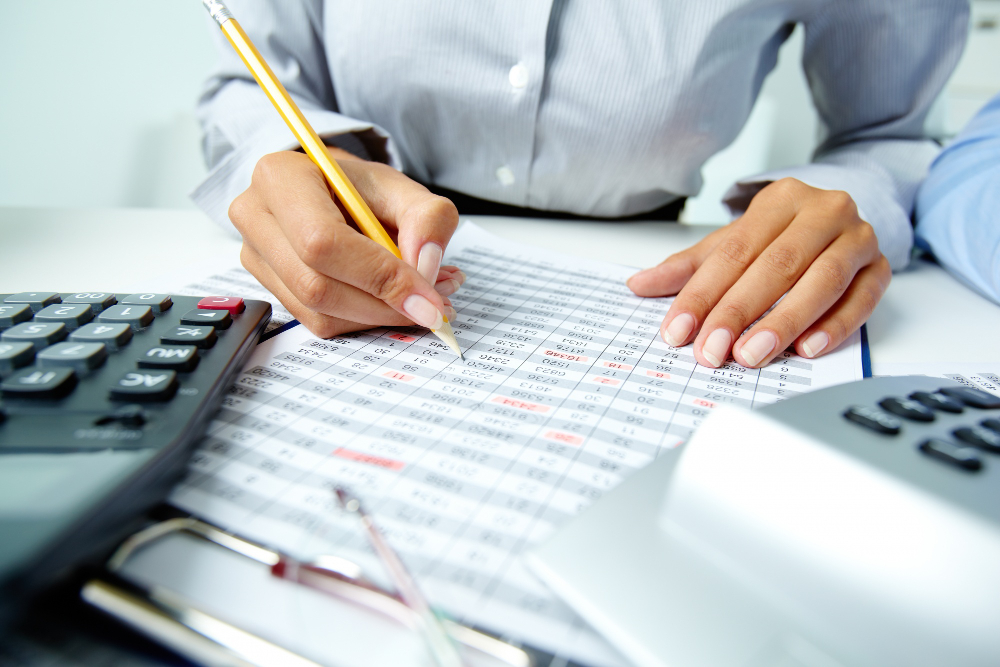Sole Trader vs Limited Company | Compare Sole Trader and LTD
Sole Trader or Limited Company
We get asked this question all the time and there really is no easy answer. Everyone’s situation is different, and what’s right for one person might not be right for another.
There are lots of things which might influence your decision:
- The type of business you run, or are thinking of running
- Your future plans to grow the business, or not
- What level of commercial risk you will be exposed to
- What kind of administrative support you have, if any
- How you wish to be perceived by customers
Lots of things to think about, and most important of all is your own personal preference, you might just want to be limited rather than a sole trader. But in order to make that decision, you must have all the information at your fingertips, which is where this guide comes in.
In a nutshell, the four usual options to consider are:
- Sole Trader – an individual
- Partnership – two or more individuals or companies
- Limited Liability Partnership (LLP)
- Limited Company
Differences between a sole trader and limited company
We discuss some influencing factors on your decision between going limited or sole trader:
1) Will I earn more money as a limited company or sole trader?
2) Sole trader mortgages vs limited company mortgages and loans – which is easier to obtain?
3) Limited company VAT vs sole trader VAT – the differences in paperwork
4) Rates of tax for sole traders vs limited companies
5) Paying yourself as a limited company director or sole trader
6) Leaving a limited company – is it possible?
7) Registering for VAT as a limited company
What is a limited company?
Basically, from a legal point of view, a limited company is totally separate from the person or persons who form it. What that means in real terms is that you and your fellow directors or shareholders have ‘limited liability’. Hence the term ‘limited company’.
If you choose to be a sole trader or other non-limited business, your personal assets (house, car, etc.) are potentially at risk if your company fails. But for a limited company, there is an element of protection. As long as your business is operated legally and within the terms of the Companies Act, then your personal assets are not at risk.
On paper, therefore, the option to ‘go limited’ seems obvious, but before you make that decision, you need to weigh up the pros and cons. Here are some questions which our customers have asked us over the years, along with some answers which we hope you will find useful:
Will I earn more money as a limited company or sole trader?
If profits are above £25k per year you may well benefit from going limited; however even if your profits are lower it’s probably still worth having a chat with an accountant as they are able to find ways to make your company more tax efficient. Our Take Home Pay Calculator will show you how much you can earn by going limited.
Is a sole trader mortgage easier to get than a limited company mortgage or loan?
Some banks look more favourably on directors of limited companies, but it really does depend on the bank. Since the advent of self-certification, it shouldn’t really matter.
How complicated is the paperwork, what exactly is involved?
Paperwork should take about 15 minutes per month and involves sending your annual accounts to Companies House by a fixed date each year, completing an Annual Return (a list of directors and shareholders) and submitting a tax return and accounts for Corporation Tax purposes. You will also have to complete a personal tax return.
The administration isn’t difficult or particularly time-consuming but it is easy to miss tax-saving opportunities, for example, would your business be better on the standard VAT scheme or the Flat Rate VAT Scheme, and what’s the most tax-efficient way to take money out of your company? This is where it’s useful to have a good accountant they will also make sure you never miss a tax deadline and incur penalties.
What rate of tax do I pay as a sole trader vs limited company?
A ‘small’ company will pay the company (corporation) tax at 20% on its profits. How you will be taxed personally is dependent on the level of income that you draw from the company. This income can be structured in a tax efficient manner.
You also have the option to leave ‘reserves’ in the company to help with future growth and development (remember, with a limited company you only pay personal tax on the money you take out of the business). As a sole trader or partnership, you will be taxed on the profits of the business as they fall, not on what you have drawn from the business which is not as flexible in terms of future tax planning.
How do I decide how much to pay myself and how much to leave in the business?
This is entirely up to you, as long as the business can afford it. You need enough to live on, but there is no point taking out more than you need and being taxed personally on it.
Profits are usually taken as dividends which do not attract National Insurance, which may help reduce your overall tax liability.
Are there other benefits I can gain from being a limited company?
There are a number of benefits to be gained from setting up a limited company, the most important of which is the ‘limited liability’ outlined above. However, there are a number of other benefits, such as:
- Operating as a limited company may offer more credibility and give suppliers and customers more confidence in your business. In fact, it’s often the case that larger companies will even choose not to deal with non-limited companies.
- The cost of managing and operating a limited company is not that much more than with non-limited businesses. From a taxation and accountancy point of view, the changes in legislation over the last few years have meant much lower costs are associated with limited companies.
- You don’t have to start trading within any set time period after you become a limited company. This means that its actually a simple and cost-effective way to protect your business name, as no two limited companies can exist with exactly the same name. Many people from companies in anticipation of the future creation of new businesses, or to protect the name of an existing non-limited business for the future.
- It is also very simple and straightforward to have more shareholders if you decide to grow and offer shares in your business
- If you decide to sell, it may also be easier to find a buyer for a limited company rather than a sole trader.
What happens if I change my mind and decide I don’t want to be a limited company after all?
All you have to do is complete a form to be removed from the register of companies at Companies House.
Do I have to be registered for VAT to be a limited company?
VAT registration is the same for both sole traders and limited companies. You are not obliged to register until you meet the turnover threshold as a company or a sole trader but you may choose to register as they may well be good tax reasons to do so, call us or check with your accountant.
You may find our guide on Accounting for Freelancers helpful.
Let's talk!
Interested in finding out more? Speak with our expert Sales Team to see how we can work together.
Here's how you can get in touch...
Existing client?
If you're already a client of ours, you can speak to your dedicated accountant directly.
Alternatively, call us on 03330 342 480






